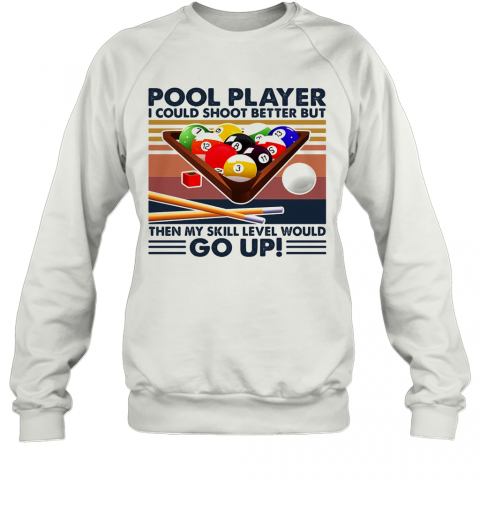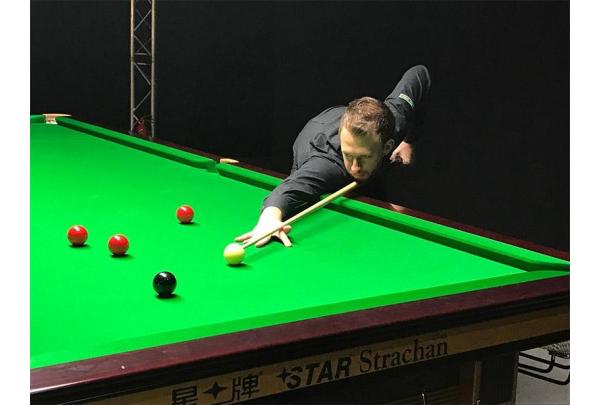
Consider the material before you choose a cue tips. The material is either soft, medium, or hard. It also has an effect on how the cue feels, which may make a firm shot feel better. It also affects the squirt and sideways tip flex. When the tip is soft, the endmass and shaft flex are minimized.
Hard
Professional and higher-level players prefer a harder cue tip. It requires less maintenance and keeps its shape longer than a soft one. However, it does not absorb the cue ball's energy as well as a soft tip.
Soft
A soft cue tip may be useful for players who prefer a flexible cueball. These tips are typically made of leather and come in a range of hardness levels. These tips can be made from a variety of materials, including single-piece or laminated leather. Other common materials include phenolic and bakelite.

Medium
Kamui Cue Tip products are made from premium Pigskin. This construction allows for maximum porosity as well as humidity resistance. They are also resistant to chalk, so they can improve tip-grip. These tips are durable and can be bought in a pack containing ten.
Phenolic
Your pool cue's phenolic tip can increase your break shot's power by up to 17%. The material has a smoother contact surface, and it is more responsive to pressure. These properties make phenolic Tips a great choice for players looking to improve their power.
Leather
The most common tip type is the leather cue. Leather tips offer more control than synthetic ones which are made from cork or plastic. While leather tips are the best, synthetic ones can be used at home.
Splice
There are several ways to splice a pool cue's tip if you're considering buying one. Some prefer to hand-splice their tips. This method is more expensive and requires more skill. A hand splice can be purchased if you wish to play with a top-quality cue.

Size
The shaft should be the same size as your tip. This will allow you more control over the ball and reduce vibration. A smaller tip also produces less squirt, which can help you feel the ball better.
Materials
When choosing materials for a cue tip, it is important to consider the angle and the spin of the ball. A slightly rounded tip gives the player the ability to give spin to the ball. A rounded tip will be rounder in shape than a dime. A rounded edge is often thicker and more durable than a nickel.